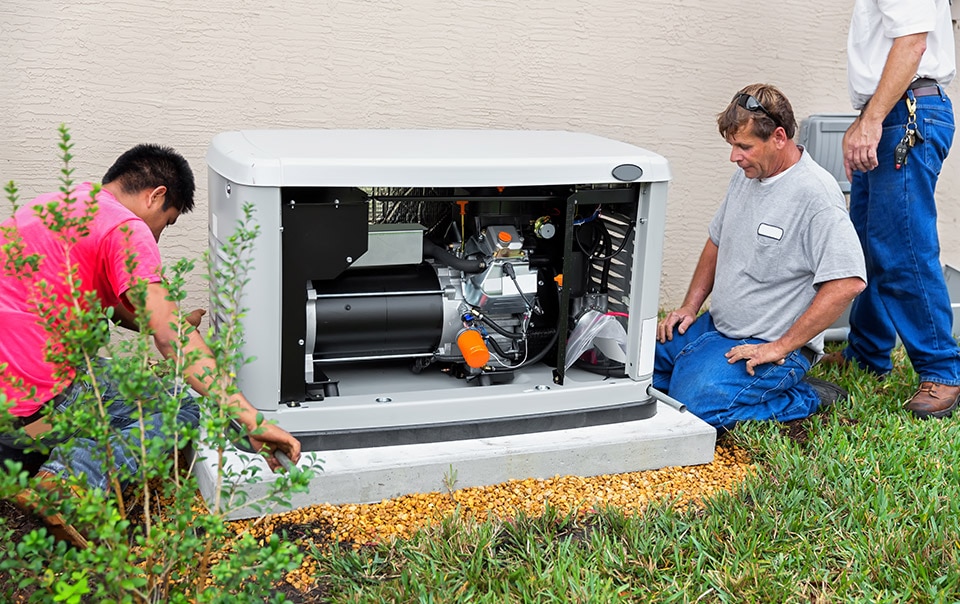The Complete Guide to House Generators: Your Power Solution in Times of Need

Imagine this scenario: a severe storm rages outside, and suddenly, your home is plunged into darkness due to a power outage. In situations like these, a house generator can be a lifesaver. In this comprehensive guide, we'll explore what house generators are, how they work, the different types available, and why having one is a smart investment for your home.
Understanding House Generators
A house generator, also known as a home standby generator or residential generator, is a backup power system designed to provide electricity to your home during unexpected outages. Unlike portable generators, house generators are permanently installed and can automatically activate when the main power supply fails. They are an essential addition to any home, offering several benefits:

1. Continuous Power Supply: House generators ensure that your lights, appliances, and essential systems like heating and cooling continue to function during outages, providing comfort and safety for your family.
2. Protection from Extreme Weather: They are particularly useful in areas prone to severe weather conditions, such as hurricanes, snowstorms, or heavy rains, where power outages are common.
3. Increased Property Value: A house generator can increase the resale value of your home, making it an attractive feature for potential buyers.
How House Generators Work
House generators operate using a transfer switch that monitors the flow of electricity from your main power source. When a power outage occurs, the transfer switch signals the generator to start automatically. Here's a simplified overview of the process:
-
Detection of Power Outage: The transfer switch senses the loss of electricity from the main power grid.
-
Generator Start: Upon detection, the generator starts and begins generating electricity.
-
Power Distribution: The generator's electricity is then distributed to your home through a separate electrical panel, providing power to your essential circuits.
-
Automatic Shutdown: When the main power supply is restored, the generator will automatically shut down and return to standby mode.
Types of House Generators
There are three primary types of house generators:
-
Standby Generators: These are permanently installed generators that run on natural gas or propane. They can power your entire home and are capable of running for an extended period.
-
Portable Generators: Portable generators are smaller units that you can move around and connect to your home through extension cords. They are more affordable but provide limited power and require manual operation.
-
Inverter Generators: These generators are highly efficient and produce clean electricity. They are often used for recreational purposes but can be connected to your home during emergencies.

Choosing the Right House Generator
Selecting the right house generator for your needs involves considering factors like the size of your home, your budget, and the level of automation you desire. It's essential to consult with a professional generator installer to determine the best fit for your situation.
Maintenance and Safety
Proper maintenance is crucial to ensure your house generator functions optimally when needed. Regular servicing and inspections by a qualified technician are recommended. Additionally, follow safety guidelines, such as keeping generators outdoors and away from windows to prevent carbon monoxide poisoning.
A house generator is more than just a backup power source; it's peace of mind during emergencies. Whether it's keeping your family comfortable during an outage or protecting your property from damage, a house generator is a valuable addition to any home. Invest wisely, and you'll have a reliable power solution for years to come.

